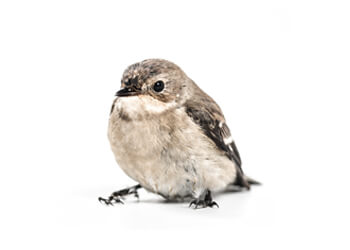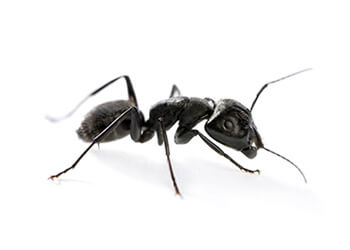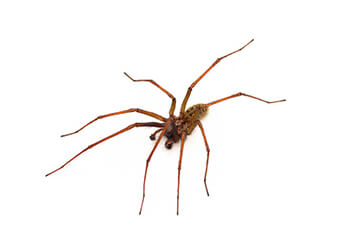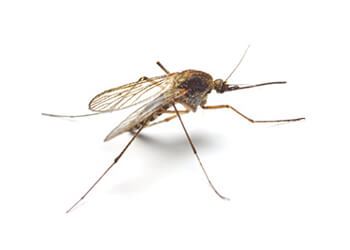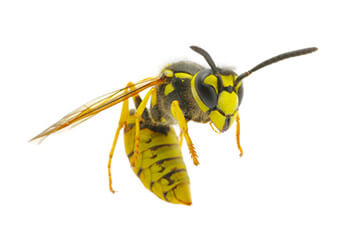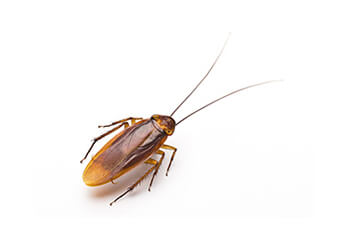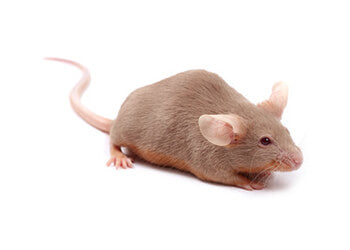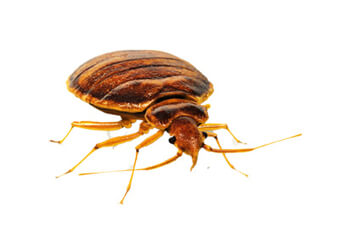Dealing a Tick or Mosquito Infestation?
Check out these ticks and mosquitoes facts & FAQ’s.

Ticks and mosquitoes are out this year in full force. And this year more than ever they’re coming down into the populated areas of the GTA. What used to only be a problem up in cottage country is now becoming more and more of a problem in the city. And with the risk of Lyme disease and now Zika virus not too far away, now is a good time to educate yourself about ticks and mosquitoes.
Are Mosquitoes Really the Deadliest Animals on Earth?
They are indeed! Now, a mosquito probably isn’t going to bite you to death, but more deaths are associated with mosquitoes than any other animal on Earth because of all of the different diseases that mosquitoes can carry and transmit. Some of the diseases that mosquitoes carry include malaria, dengue fever, yellow fever, encephalitis and now the Zika virus, all of which can be fatal to humans.
Why Do Mosquitoes Bite Humans?
It’s no surprise that mosquitoes bite humans for our blood, but do you know why they need our blood? Mosquitoes need protein for their eggs, so when you look down and a mosquito is biting you and sucking your blood, you can be sure it’s a female. Male mosquitoes prefer the sweet nectar of flowers for their food.
How Do Mosquitoes Track Humans?
Ever get the feeling that mosquitoes just know where you are and will hone in on you no matter how far away you are? Well, mosquitoes are good at detecting carbon dioxide, which is in the air we exhale, because things that exhale carbon dioxide are usually a good supply of blood. A mosquito can detect carbon dioxide from up to 75 feet away! And not all mosquitoes seek human blood – some different types of mosquitoes bite animals and amphibians only and are no bother to humans.
How Do Ticks Transmit Diseases?
Ticks transmit diseases through their bite, and they bite to feed on the blood of their host. Ticks can a long time to suck enough blood to survive so over time have developed very effective feeding apparatus for hanging on tightly when they bite so they can be shaken loose easily. Like mosquitoes, ticks use a local sedative to mask any pain the host feels when it bites.
How to Avoid Getting Bit by a Tick?
Spray the area where ticks are likely to be! But apart from that, you can wear tick proof clothing and closed toe shoes. Ticks do not jump or fly and instinctively head towards the ear and neck area of a host because that is where the blood supply is plentiful and easy to access. This doesn’t mean that you can’t get a tick bite anywhere else on your body – a tick will settle in just about anywhere if it detects a good blood supply. It’s a good idea to check your entire body if you’ve been in an area where ticks might have been – they’re pretty easy to spot with a naked eye and if detected early can be removed pretty easily.




